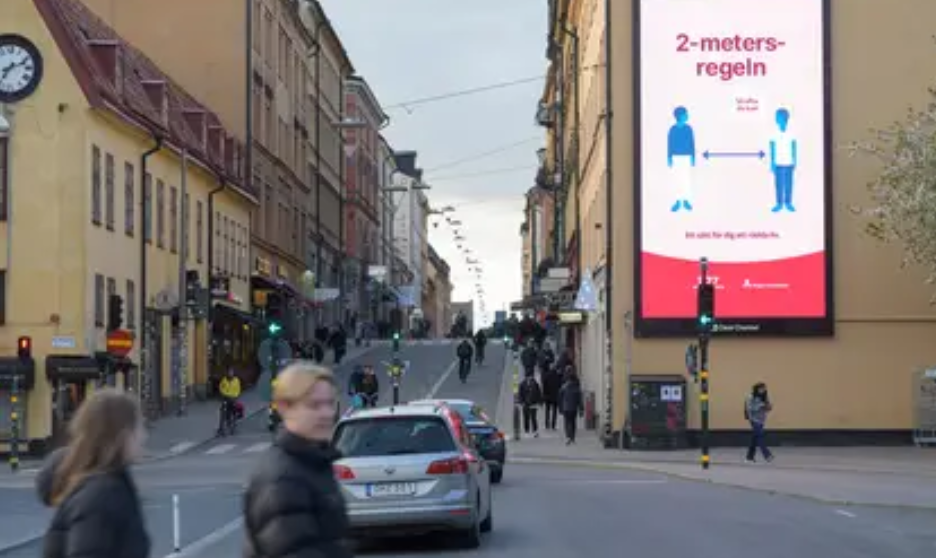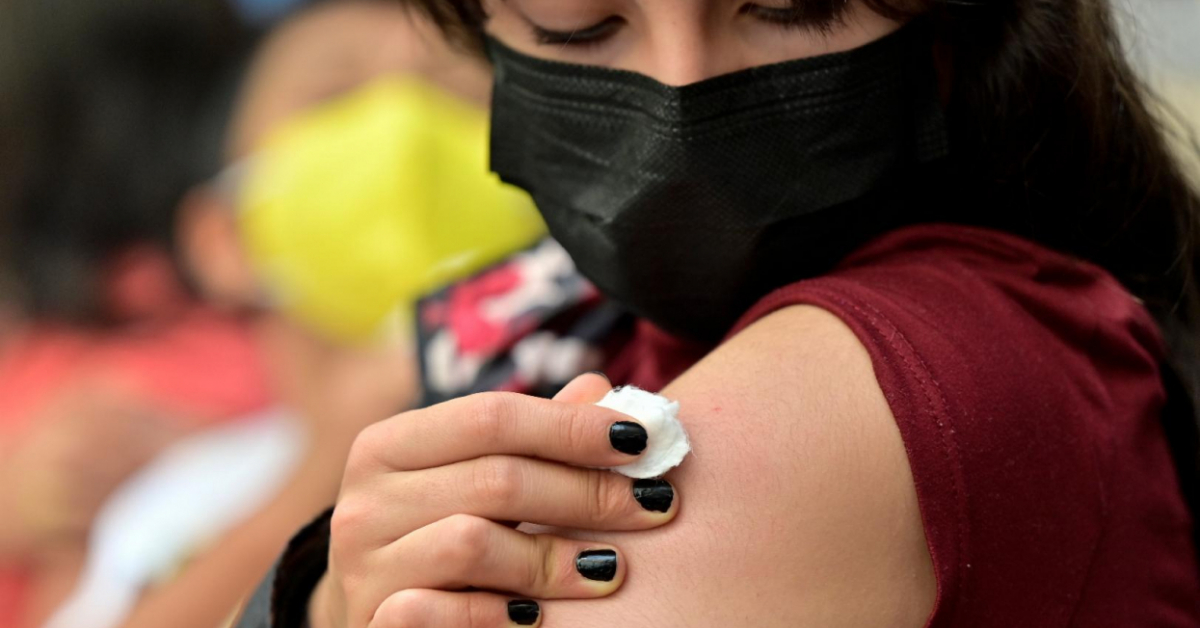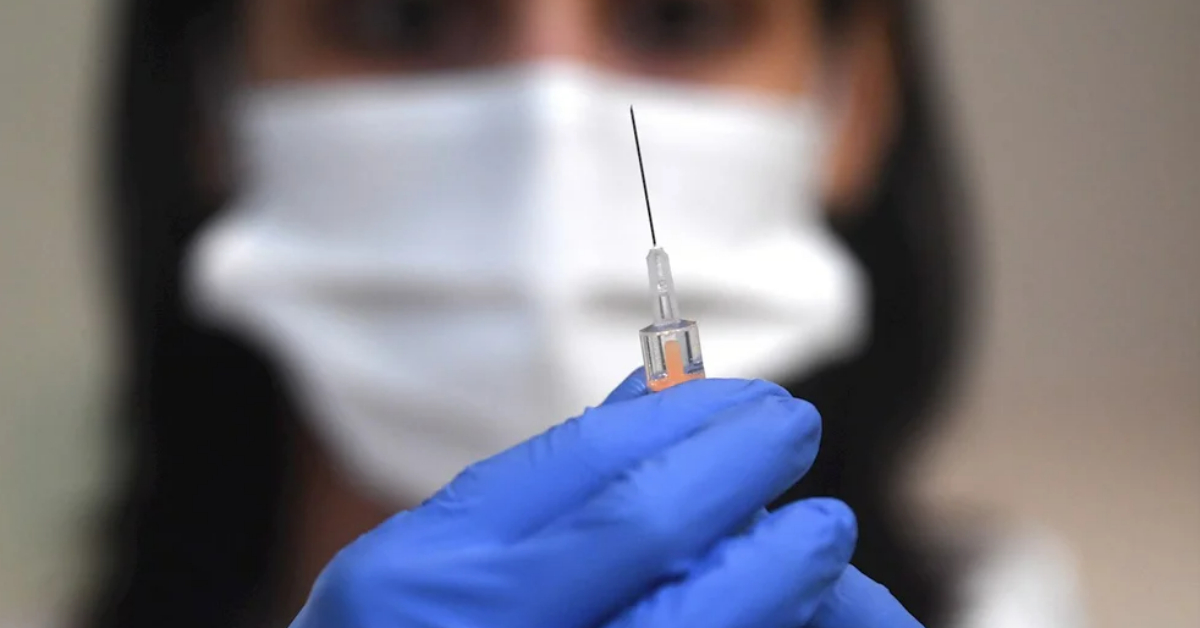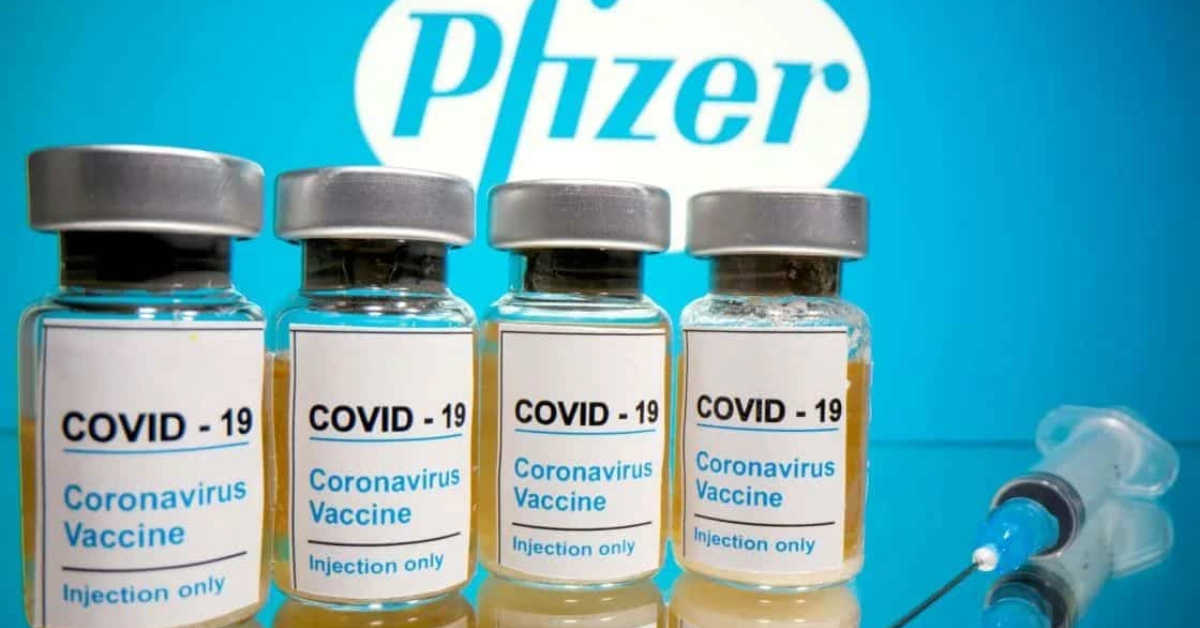In recent weeks, perhaps as never before, journalists, specialists and politicians from around the world have stopped to analyze and debate what is already called "the Swedish case".
The Nordic country has taken a series of measures in the face of the pandemic caused by COVID-19 quite different from those of the rest of the countries, while its experts assure that "no matter what you do, everyone will get it anyway".
Sweden governs what its authorities defined as “soft confinement” based, fundamentally, on the trust that exists between the population, and between it and . . .






